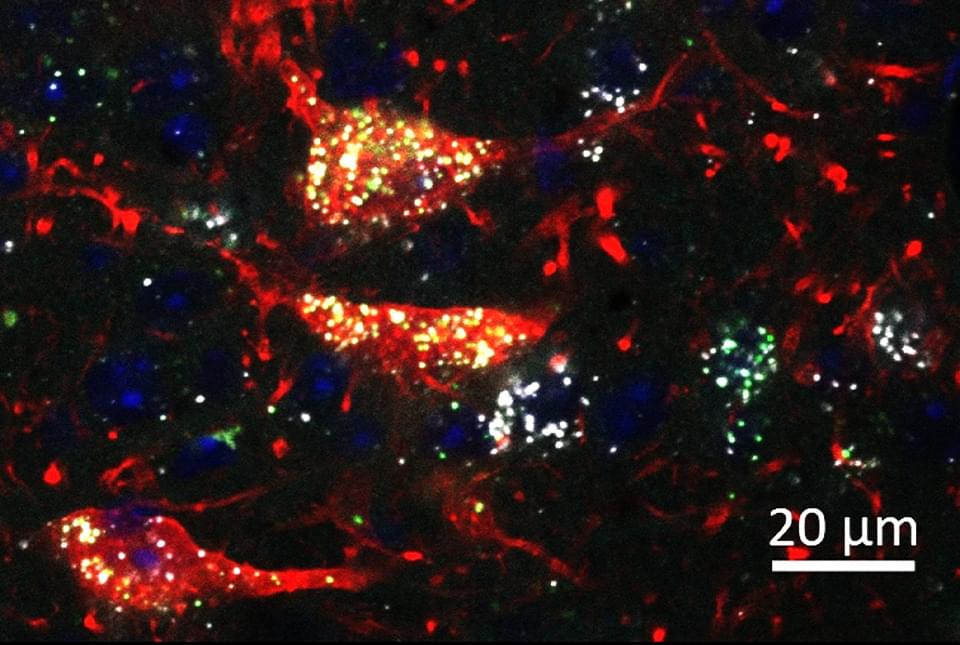Increasing the levels of chemicals naturally produced in the body called endocannabinoids may thwart the highly addictive nature of opioids such as morphine and oxycodone while maintaining the drugs’ ability to relieve pain, according to Weill Cornell Medicine investigators working with researchers from The Center for Youth Mental Health at NewYork-Presbyterian. Endocannabinoids bind to cannabinoid receptors throughout the body that regulate activities, such as learning and memory, emotions, sleep, immune response and appetite.
Opioids prescribed to control pain can become addictive because they not only dull pain, but also produce a sense of euphoria. The preclinical study, published Nov. 29 in Science Advances, may lead to a new type of therapeutic that could be taken with an opioid regimen to only reduce the rewarding aspect of opioids.
In 2023, opioid abuse or overuse was responsible for more than 80,000 deaths, fueling a national crisis, according to the U.S. Centers for Disease Control and Prevention. Illegal recreational drugs were ultimately responsible for many deaths, but not all of them. “When someone has surgery and is taking opioids for pain management, there’s always a risk of developing a dependence on these drugs,” said senior author Dr. Francis Lee, chair of the Department of Psychiatry at Weill Cornell Medicine and psychiatrist-in-chief at New York-Presbyterian/Weill Cornell Medical Center.
